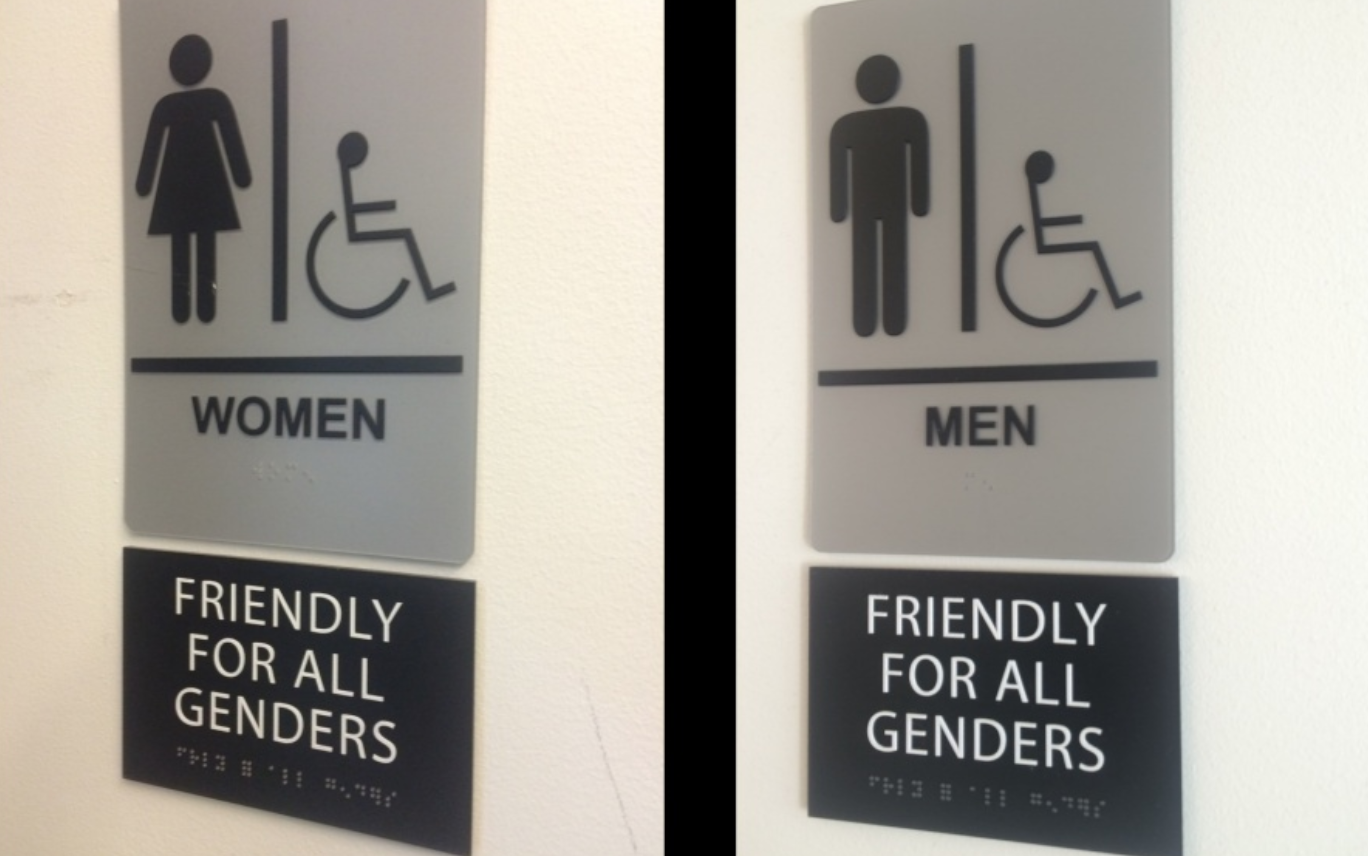I had the opportunity to present to Malaysia's first symposium on Barriers to Public Facilities, particularly toilets, for Transgender Persons as part of a series of symposia organized by the Penang Transgender Committee, Justice for Sisters, Suara Rakyat Malaysia (SUARAM) Penang and Penang Advocacy Community Association (PACA).
I spoke about my experiences and what I've seen at my own workplace and how Malaysia workplaces can influence public culture to be more accepting of transgender individuals.
Excerpt below written by Thi Laga (thank you to the organizers!)
Promoting inclusivity in the workplace
A guest speaker for this session, T Sripunvoraskul, introduced a progressive company called 500 Startups that has one the best inclusive policies in the workplace. 500 Startups is a global venture capital seed fund headquartered in the Silicon Valley. With a network of startup programme and over $300M in committed capital, 500 Startups has invested in 1,600 technology startups all over the world.
500 Startups has strict non-discrimination clauses in their policy:
Policy Example 1:
This business is dedicated to providing a harassment-free event experience for everyone, regardless of gender, gender identity and expression, age, sexual orientation, disability, physical appearance, body size, race, ethnicity, religion (or lack thereof), or technology choice.
Policy Example 2:
All qualified applicants will receive consideration for employment without regard to race, color, religion, sex, gender, gender identity or expression, national origin, or protected veteran status and will not be discriminated against on the basis of disability.
T shared that 80% of Fortune 500 companies have transgender identity protections, offering comprehensive policies, benefits, and practices that facilitate greater transgender inclusion in the workplace. Today, 50% of these companies offer transgender health coverage, compared to 2002 when there were none.
Impact of inclusive policies:
- Higher productivity of employees
- Higher retention of employees
- Allies want to work with inclusive companies
- Employees protect the privacy of transgender persons in relation to their gender identity to avoid stigma
- Broadening network of talent
- No judgment, harassment-free
- Representation of the real world
Other reasons:
- More customers
- Lessen risks and legal action for trans discrimination
- To align with local, state, federal laws as human rights evolve
- Position company as more diverse externally and internally
- Recruit and retain new talent of younger generations
- Set an example for other companies
- Built-in humanitarian work by providing safe spaces
Negative impact of discrimination against transgender community
These progressive policies did not happen overnight. The LGBT movement in the United States have long lobbied for transgender rights and have received nationwide recognition since the 1960s. Companies that are not inclusive have faced negative impacts. In March 2016, North Carolina passed the Public Facilities Privacy & Security Act, also known as HB2, which legislates that in government buildings, individuals may only use restrooms and changing facilities that corresponds to the gender on their birth certificates.
This has been criticised because it prevents transgender people who do not or cannot alter their birth certificates from using the restroom consistent with their gender identity. Big companies such as Google, PayPal, and Apple took a public stance against the passing of the HB2 bill. As a result, the state of North Carolina lost almost $400 million in 6 months.
Other negative impacts of transgender discrimination on businesses:
- Hurt branding
- Hurt business
- Loss of customers
- Loss of employees
- Loss of money
- Damaged reputation overseas
- Risk of being unable to recruit overseas talent
Slides:
